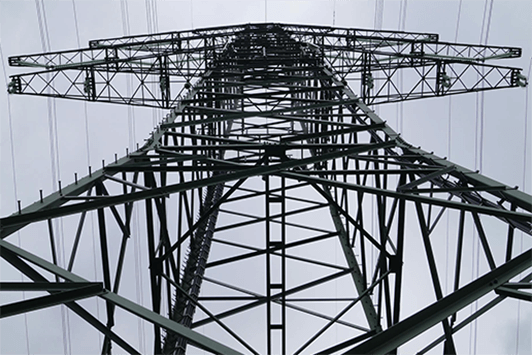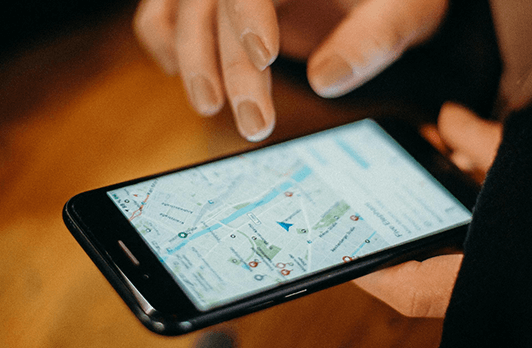Service providers and communities across the United States are always dealing with the same question: preemptively lay fiber optic cables and wait for demand or wait until customers demand the service?
Compared to the rest of the country, Maine ranks 49th in Internet speeds. In an attempt to improve the state’s ranking, the governor’s office spearheaded a report: Broadband: The Road to Maine’s Future. The report determined that Maine citizens don’t use the Internet to its maximal potential for expanding economic opportunities and improving educational outcomes. To bring Maine into the 21st Century, residents need to learn how to the Internet can help them grow and learn.
Compared to other states, Maine residents use the Internet significantly less, and many see no use for it. For example, across the United States, 97 percent of consumers shop online, yet less than 41 percent of Maine businesses have a website. While much of Maine doesn’t regularly use the Internet, that doesn’t mean that there isn’t demand. When new areas get Internet access, an estimated 75 percent of households sign up.
To expand broadband access, Maine’s government needs to actively stimulate Internet use. By training small and medium-sized business to create webpages for business promotion and explaining how they can use Internet services to grow their business, the entire state could benefit from economic development. But for this to happen, communities first need to have broadband access.
As with any broadband fix, there needs to be an investment into infrastructure. Over 40,000 Maine households don’t have Internet access, but the report estimates it will cost an estimated $60 million to build the necessary infrastructure.
At GeoTel Communications, our fiber network maps integrate telecom infrastructure data with geospatial technologies so that cities and local governments can analyze fiber network assets in a spatial, map-like environment and make decisions about planning new networks, such as building their own fiber optic network. To order any of GeoTel’s data sets for a particular city or metro area, give GeoTel Communications a call at (800) 277-2172.


